Many couples consider marriage counseling as a potential pathway to heal and strengthen their relationships. However, it’s vital to assess whether therapy is appropriate for you and your partner. Abusive behavior or a partner who must “win at all costs” can signal warning signs that counseling might do more harm than good. In such cases, seeking therapy alone could be a better option. Understanding these dynamics can help you make an informed decision about whether marriage counseling is right for your unique situation.
Understanding Marriage Counseling
A marriage counseling journey can often feel overwhelming, but understanding its fundamental aspects can empower you and your partner to evaluate whether it’s the right path for your relationship. Knowing what to expect is necessary as you seek to heal wounds and rebuild strong connections.
Definition and Purpose of Marriage Counseling
The primary aim of marriage counseling is to assist couples in improving their relationship through guided conversations with a professional. It provides a structured environment for partners to address their issues, enhance communication, and find healthier ways to interact and resolve conflicts.
The Role of a Marriage Counselor
Along with facilitating discussions, a marriage counselor acts as a neutral party who can help identify and address underlying issues that may be affecting your relationship. They provide tools and strategies that promote open dialogue, ensuring both partners are heard and understood.
In fact, a skilled marriage counselor can help you navigate emotional conflicts, clarify personal feelings, and develop better coping strategies for the challenges you face together. They also encourage constructive feedback to foster a healthier dynamic.
Types of Marriage Counseling Approaches
Counselor approaches to marriage counseling vary significantly, and understanding these can help you choose what aligns best with your needs. Key types include:
| Type | Description |
| Emotional Focused Therapy | Focuses on emotional connection. |
| Cognitive Behavioral Therapy | Addresses communication patterns. |
| Gottman Method | Strengthens relationships with science-based tools. |
| Imago Therapy | Explores childhood experiences affecting relationships. |
| Holistic Therapy | Takes a comprehensive view of the couple. |
This variety allows you to select a therapy approach that resonates best with you and your partner’s unique issues, enhancing the likelihood of positive outcomes.
Marriage counseling can take many forms, catering to different needs and styles. It’s valuable to explore what fits your specific situation best:
- Solution-Focused Therapy: Short-term strategies to achieve your objectives.
- Behavioral Couples Therapy: Aims to modify specific behaviors.
- Individual Therapy: Personal exploration alongside couple counseling.
- Online Counseling: Convenient remote sessions.
This breadth of options ensures that whether you need immediate conflict resolution or deeper emotional healing, there are tools available to find your way forward.
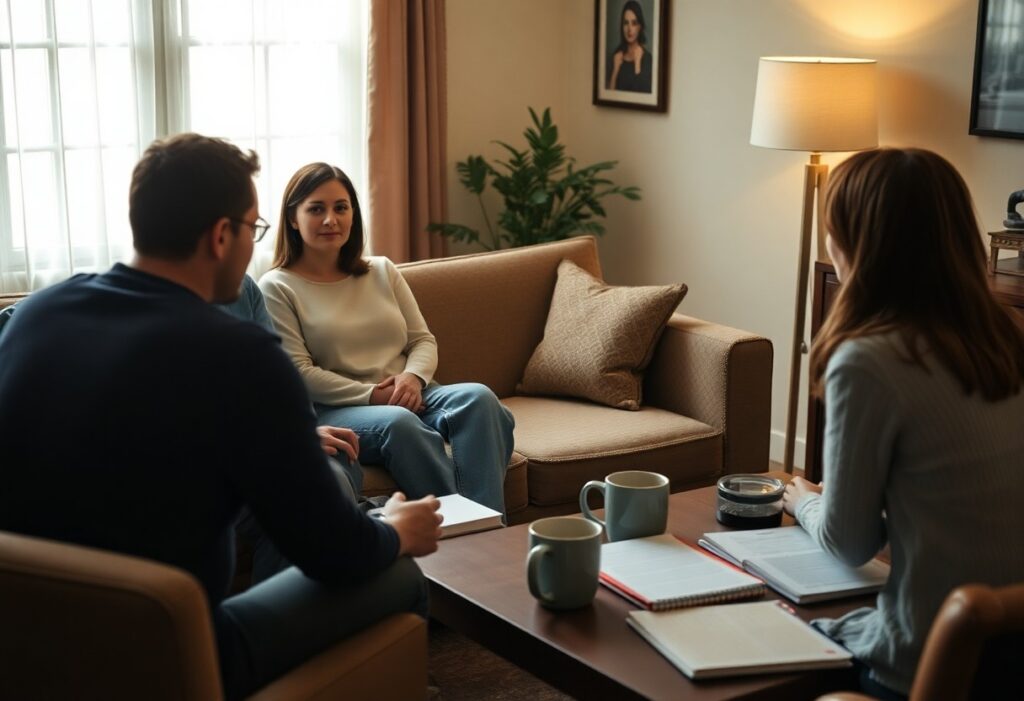
Signs That Marriage Counseling May Be Beneficial
One of the key indicators that marriage counseling could be helpful is your willingness to address issues in a constructive manner. If you and your partner both recognize the need for improvement and are open to change, counseling can provide the necessary tools and support to foster growth. You may notice an increasing desire to communicate better and understand each other’s perspectives, which can pave the way for healing and strengthening your relationship.
Communication Breakdown
An imperative sign that counseling might help is when you experience a communication breakdown. If conversations often lead to misunderstandings or escalate into fights, it indicates that you may need external assistance to facilitate clearer and more productive dialogue. In therapy, a professional can guide you in learning healthier communication techniques, enabling both of you to express your feelings and needs more effectively.
Recurring Conflicts and Arguments
Beneficial counseling can also address recurring conflicts and arguments. If you find yourself having the same disputes repeatedly, it can be a warning sign that deeper issues remain unresolved. Recognizing these patterns can be the first step toward finding solutions. Both you and your partner can benefit from developing better conflict resolution skills to break the cycle of negativity.
Signs of persistent arguments can indicate unmet needs or unresolved grievances, making it vital to explore these issues in a safe environment. When conflicts surface repeatedly, it can erode trust and intimacy in your relationship. Counseling provides the opportunity to uncover underlying emotions and experiences that may contribute to these disputes, allowing you to work through them together with a guide.
Emotional Disconnection
About emotional disconnection, it’s another strong signal that counseling may be necessary. If you or your partner feel distant, unvalued, or emotionally unavailable, this can lead to feelings of loneliness even when physically together. Seeking help can assist you in reconnecting emotionally, reinstating trust, and fostering a sense of partnership.
Hence, recognizing emotional disconnection is vital as it reflects a significant gap in your relationship. This disconnect can manifest in various ways, such as a lack of affection or shared interests. Through counseling, you can explore the reasons behind these feelings, learn to express your needs clearly, and rebuild intimacy effectively. Such efforts can revitalize your bond and create a path towards a healthier, more fulfilling relationship.
Can You Know Ahead of Time if Marriage Counseling is a Good Idea in Your Marriage?
Unlike a one-size-fits-all solution, there are specific indicators that can help you assess whether marriage counseling may be beneficial for your relationship. While it’s impossible to predict the exact outcome, recognizing potential red flags and understanding your dynamic can guide your decision. If your partner exhibits abusive behavior or has a mindset of needing to win at all costs, it may be wiser to consider individual counseling rather than joint sessions.
Self-Assessment: Indicators of Strain in the Relationship
Between ongoing conflicts, differences in values, and a breakdown in communication, assessing the overall strain in your relationship is key. Identifying patterns such as frequent arguments, emotional disconnection, or feelings of resentment can be informing indicators. If you notice these signs, it might be time to explore whether counseling could provide a path toward healing.
Discussing Concerns Openly with Your Partner
Below the surface, many couples struggle to express their true feelings about the relationship. Having an open dialogue with your partner about your concerns is necessary. Honesty and vulnerability can illuminate underlying issues and help gauge the willingness of both partners to work on the relationship before committing to counseling.
It is important to approach this conversation with a mindset of mutual respect. When you discuss your concerns openly, you provide an opportunity for both you and your partner to understand each other’s perspectives. This can help in identifying whether the issues you face can be addressed together, indicating a possible path for effective counseling in the future.
Seeking Pre-Counseling Evaluations
Know that getting an evaluation before entering marriage counseling can help clarify whether joint therapy is advisable. This can involve individual assessments or consultations that could pinpoint patterns or behaviors that might hinder progress in therapy.
In addition, these evaluations can establish a clearer picture of each partner’s willingness to engage in the process. They provide a platform to identify strong indicators of personal readiness and suitability for counseling together. Armed with this information, you can make a more informed decision about whether to pursue joint therapy or seek help individually.
Common Issues that Bring Couples to Counseling
To understand whether marriage counseling could benefit your relationship, it’s vital to recognize the common issues that prompt couples to seek help. Challenges such as communication breakdowns, trust violations, and financial disagreements often drive partners to consider therapy. These underlying issues can significantly impact your connection and overall happiness, leading you to question whether counseling is a solution worth pursuing.
Infidelity and Trust Issues
Behind many troubled marriages lies the painful reality of infidelity. When trust is broken, it can create a deep rift between partners, leading to feelings of betrayal and insecurity. Marriage counseling may serve as a platform for open communication, allowing you and your partner to address these feelings and work towards rebuilding trust, as long as both of you are committed to the healing process.
Financial Conflicts
Financial disagreements can escalate tensions in a marriage, often becoming a source of ongoing conflict.
In addition, financial stress can cause significant strain on your relationship, especially when partners have differing attitudes toward money management. Issues such as spending habits, debt, and financial priorities may lead to resentment and frustration. Seeking marriage counseling can provide you with tools to navigate these conflicts more effectively, helping you align your financial goals and foster a stronger partnership.
Parenting Disagreements
After the honeymoon phase, many couples face challenges around parenting styles and disciplinary approaches.
Further complicating your relationship, differing opinions on parenting can create friction between partners. When you and your spouse struggle to agree on how to raise your children, it can lead to feelings of frustration and disconnection. Counseling can help you establish a unified approach to parenting, enhancing your teamwork and ultimately benefiting your children’s well-being.
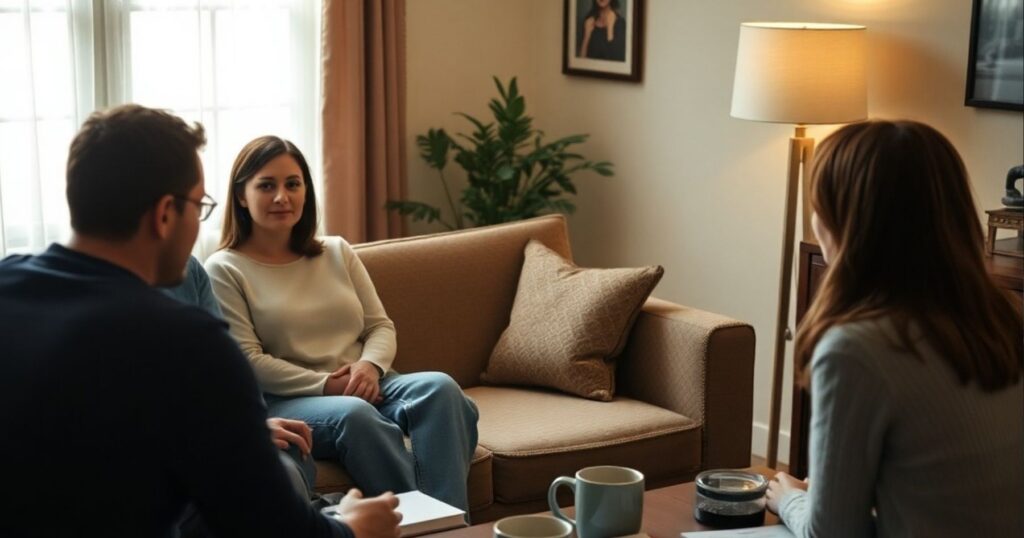
The Potential Benefits of Marriage Counseling
Many couples seek marriage counseling to rebuild their relationship and find new pathways to understanding. With the right guidance, therapy can lead to stronger connections, improved communication, and effective conflict resolution. By investing time and effort, you may discover valuable tools to strengthen your marriage and foster a healthier partnership.
Improved Communication Skills
Beside enhancing your emotional connection, marriage counseling can significantly improve your communication skills. You’ll learn how to express your thoughts and feelings more clearly, which can help reduce misunderstandings and foster a healthier dialogue with your partner.
Enhanced Emotional Connection
Any successful marriage thrives on a deep emotional connection. Counseling allows you to explore your feelings and vulnerabilities, promoting intimacy and understanding. This process can help both you and your partner feel more valued and supported in the relationship.
In fact, enhancing your emotional connection can lead to long-lasting positive changes in your marriage. As you navigate through your individual and shared emotions in therapy, you will begin to build a stronger bond, encouraging empathy and compassion. This newfound connection can be vital in overcoming challenges together, reinforcing your commitment to one another.
Tools for Conflict Resolution
Enhanced conflict resolution skills are another significant benefit of marriage counseling. This training equips you with practical strategies to tackle disagreements constructively, leading to a more harmonious partnership.
Marriage counseling provides you with crucial tools for conflict resolution by teaching you how to approach disputes more effectively. Through various techniques, such as active listening and mutual problem-solving, you can break negative cycles of conflict and create a space where both you and your partner feel heard. This empowerment helps you work through challenges together, fostering a healthier and more resilient relationship.
Challenges and Misconceptions About Marriage Counseling
All couples face challenges and may have misconceptions about marriage counseling that can impact their decision to seek help. Some people believe therapy will automatically fix their problems, while others fear the process will only exacerbate issues. Understanding these challenges and misconceptions is crucial to making an informed choice about whether marriage counseling is right for your relationship.
Myths Surrounding the Counseling Process
With numerous myths surrounding marriage counseling, it’s crucial to differentiate between fact and fiction. Many think that counseling is only for couples on the brink of divorce or that therapists can magically resolve all issues. The truth is that therapy can benefit any couple looking to improve their communication and deepen their emotional connection.
Emotional Vulnerability and Resistance to Change
Emotional vulnerability is a significant barrier in the counseling process, as some partners may resist opening up about their feelings. This resistance can stem from fear of rejection or feeling uncomfortable revealing personal issues. Without honest communication, even the most skilled therapist may struggle to facilitate progress.
Due to the emotional intimacy required in counseling, one or both partners may feel overwhelmed. This fear can lead to avoidance, leaving unresolved issues festering and potentially making situations worse. If you or your partner is unwilling to confront emotional wounds, it can prove challenging for therapy to be effective.
Time and Financial Commitment
About the time and financial commitment involved in counseling, many couples hesitate to invest in therapy. Sessions can be expensive, and the process may take several months, affecting your budget and schedules. This hesitation can prevent couples from accessing the support they need for a healthier relationship.
Another important consideration is the need for ongoing commitment to both sessions and practicing new skills outside of therapy. Involving yourself fully in the process can be time-consuming but is vital for growth. If you’re concerned about this investment, weigh the potential benefits against the cost carefully to decide if counseling aligns with your relationship goals.
When Is Relationship Counseling NOT Advised?
Keep in mind that while marriage counseling can be beneficial, there are scenarios where it may not be advised. If your partner displays abusive behaviors or approaches conflict as a matter of winning at all costs, it is imperative to proceed with caution. In such cases, seeking counseling alone can be a safer option to address your concerns without the risk of exacerbating tensions.
Identifying Non-Counseling Scenarios
The signs that indicate marriage counseling may not be effective usually involve significant power imbalances or abusive dynamics. If your partner frequently belittles you or exhibits control over decision-making, these are red flags suggesting that joint therapy could lead to more harm than healing.
The Impact of Narcissism and Manipulative Behaviors
Narcissism can significantly impact a relationship, often making counseling less effective. Individuals with narcissistic traits may manipulate discussions to serve their own interests, leading to a cycle of emotional turmoil for their partners. If you find yourself constantly validating your partner’s feelings while neglecting your own, therapy may not yield the positive outcomes you seek.
With narcissistic tendencies, the focus is typically on maintaining their self-image, often at your expense. As a result, therapy can quickly turn into a battleground where your voice is overshadowed, making it imperative to assess whether your partner’s behavior would lead to a productive dialogue or more emotional distress.
Situations That Require Individual Counseling
When your relationship involves any form of emotional or physical abuse, individual counseling is highly recommended. This approach allows you to process your feelings, establish boundaries, and regain self-esteem away from your partner’s influence.
Another important aspect is the need for personal growth and insight into your own behavior and needs. Individual counseling provides a safe space for you to explore your experiences and gain clarity about your desires, which can be invaluable when considering the future of your relationship. Taking this step may empower you to make informed decisions about whether to proceed with couples therapy or not.
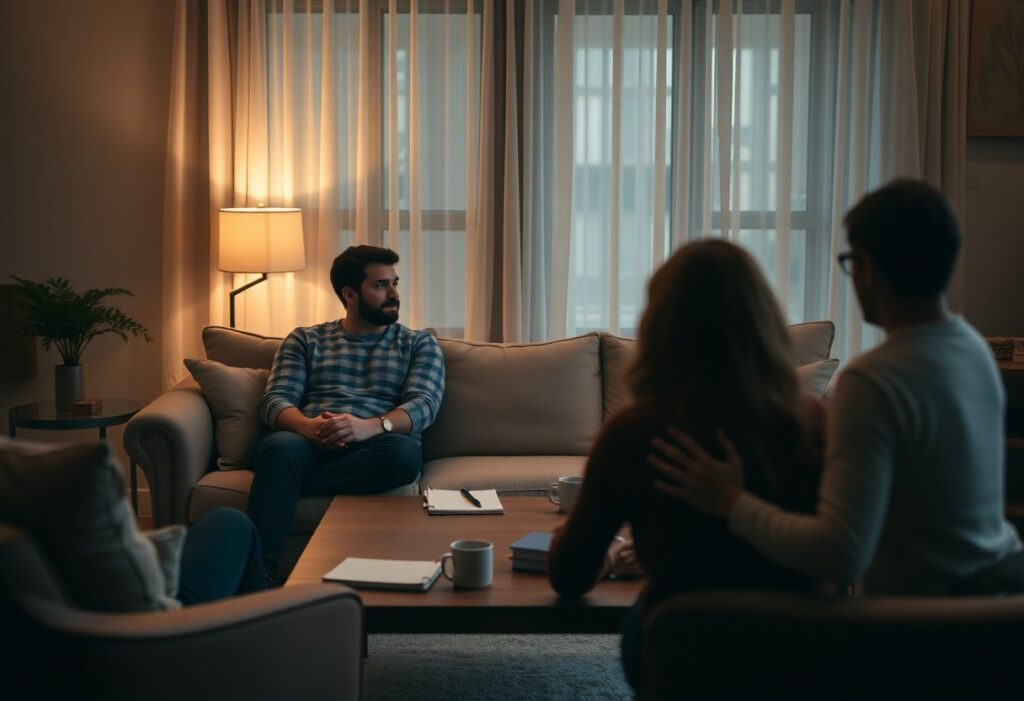
The Importance of Individual Counseling
To navigate the complexities of your relationship, you may find individual counseling invaluable. This form of therapy allows you to address your personal issues, gain insights into your behaviors, and build emotional resilience without the immediate influence of your partner. Individual counseling can provide a safe space for self-exploration, ultimately enriching the dynamics in your relationship.
Empowering Yourself in the Face of Adversity
For many, individual counseling serves as a powerful tool for self-empowerment. By working through challenges on your own, you develop a sense of autonomy and strength that can positively impact your relationship. You learn to set boundaries, prioritize your needs, and reclaim your voice, which is especially vital when facing an abusive partner or difficult dynamics.
Healing from Past Traumas
Adversity often stems from unresolved past traumas that can spill into your relationship. Individual therapy allows you to confront and process these experiences, creating a healthier emotional foundation. This healing journey can be beneficial, particularly if your partner is exhibiting destructive patterns that make joint therapy unsafe.
For instance, engaging in individual therapy enables you to explore deep-seated issues that may influence your behavior in relationships. As you confront these traumas, you not only gain insights into your emotional responses but also learn coping mechanisms to deal with future conflicts more effectively. This self-awareness is imperative for fostering healthier interactions.
Building Personal Skills for Future Relationships
At the heart of individual counseling is the opportunity for you to develop imperative skills that will benefit future relationships. You will learn effective communication techniques, conflict resolution strategies, and how to cultivate emotional intelligence. These skills are vital for nurturing a healthy, fulfilling partnership down the road.
From this process, you develop not just as an individual but as a partner capable of contributing positively to any future relationship. With better understanding of your emotional landscape and improved interpersonal skills, you can create a partnership that flourishes rather than struggles. This preparation can be especially important for those who have faced challenges in past relationships or are navigating a tough marriage.
What to Expect in Marriage Counseling
After deciding to pursue marriage counseling, it’s important to understand what the experience entails. You and your partner will engage in open discussions facilitated by a trained therapist, aimed at identifying underlying issues and fostering healthier communication. The goal is to create a safe environment where both partners can express feelings and needs, allowing for healing and growth.
The Initial Consultation Process
For your first session, you can expect the therapist to gather background information about your relationship. This initial consultation typically involves a series of questions that help the therapist understand your unique dynamics, including any patterns that may contribute to tension or misunderstandings.
Session Structure and Frequency
Behind each counseling session lies a structured approach designed to promote effective communication. Typically, sessions last between 50 to 90 minutes and occur weekly or biweekly, depending on your specific situation and therapist’s recommendations. Consistent attendance often leads to steadier progress.
Consultation with your therapist can help finalize the frequency that suits your needs. Maintaining a consistent schedule allows you both to research deeper into issues and track improvements. Sessions often include discussions on both the positive aspects of your relationship and areas needing adjustment, which can strengthen your bond over time.
Setting Goals and Expectations
Process involves setting clear goals that guide each session. Establishing what you both want to accomplish is crucial in ensuring that counseling remains focused and productive. It’s vital to communicate and agree on these objectives to foster your personal growth and relationship improvement.
Counseling should also include regular evaluations of your progress toward the set goals. This ongoing assessment ensures that both you and your partner remain aligned with your expectations and can adjust goals as necessary. Recognizing achievements, no matter how small, can enhance your motivation and commitment to the process, reinforcing positive changes within the relationship.
Evaluation: Is Counseling Working for Us?
Once again, reflecting on the progress made in counseling can greatly inform your decision to continue or alter your approach. As you and your partner navigate the therapy process, it’s necessary to regularly assess whether the strategies and insights discussed are fostering a healthier dynamic. If communication improves or emotional connections deepen, these may be signs that the counseling is effective. Conversely, consistent conflict or feelings of resentment may indicate that the current direction isn’t beneficial.
Identifying Progress in the Relationship
Counseling should provide measurable improvements in your relationship. Look for signs such as enhanced communication, increased empathy, and a willingness to compromise. If you and your partner are actively engaging in discussions without reverting to harmful patterns, it’s a strong indicator that progress is being made. Regularly assessing these aspects can help maintain focus on your shared goals.
Adjusting Goals as Needed
Identifying when goals need adjustment can be instrumental for growth. It’s common for initial objectives to change as you learn more about each other and the underlying issues in your relationship. As you proceed through counseling, ensure that your goals align with your evolving circumstances and joint aspirations, allowing the therapy to remain relevant to your current situation.
For instance, if communication issues cease to be as significant, you might shift your focus toward deeper emotional intimacy or specific conflict resolution techniques. This flexibility ensures that counseling remains a useful tool for personal growth and relationship enhancement, enabling you and your partner to stay engaged without feeling stagnant.
Knowing When to Continue or Discontinue Counseling
Behind every therapy session, your feelings about its effectiveness play a key role. It is important to gauge whether the sessions stimulate constructive dialogue or foster further angst. If counseling consistently leaves you more drained or frustrated, it may signal a need to reassess your approach or consider discontinuation.
Knowing when to continue or cut ties with counseling is significant for your mental and emotional well-being. If you find yourself consistently advancing in understanding and resolving conflicts, it may be beneficial to persist. However, if sessions repeatedly feel problematic or unproductive, discussing your concerns with your therapist and deciding together might be the best path forward. Your mental health and safety are paramount, so prioritize what feels right for you.
Success Stories: Couples Who Benefited from Counseling
Not every relationship is destined for failure, and many couples find great success through marriage counseling. While it can be challenging to navigate the complexities of a relationship, therapy has proven effective for numerous couples, helping them to rebuild trust, improve communication, and rekindle their connection. When both partners are committed to the process, counseling can lead to positive transformations and a stronger partnership.
Real-Life Experiences of Transformation
About many couples who entered counseling feeling trapped in a cycle of conflict have emerged with newfound understanding and love. One couple shared how therapy helped them uncover deep-rooted issues affecting their relationship, allowing them to reconnect and create a healthier dynamic. These stories serve as powerful reminders that change is possible when both partners are willing to invest in their relationship.
Overcoming Major Obstacles Together
From financial stress to communication breakdowns, many couples face significant challenges. The shared experience of attending counseling can help you navigate these issues as a team. As you work through conflicts under the guidance of a therapist, you’ll often discover collaboration and support you never knew existed within your partnership.
It is necessary to understand that overcoming major obstacles together in counseling promotes a sense of unity and resilience. By facing your problems head-on, you learn effective strategies to manage conflicts and support each other through tough times, ultimately fostering a deeper bond. Couples who tackle challenges together often unlock a new level of intimacy and commitment.
Long-Term Success After Counseling
Transformation is not only about immediate changes; it can also lead to lasting improvements in your relationship. Many couples report that the tools and insights gained during counseling continue to guide their interactions long after the sessions have ended. This ongoing growth can significantly increase your relationship’s overall longevity and satisfaction.
Another significant aspect of long-term success is the development of healthy communication patterns. Couples who apply what they’ve learned in counseling often find themselves more equipped to handle disagreements and navigate life’s challenges together. By maintaining open lines of communication and addressing issues proactively, you set a solid foundation for a fulfilling and lasting partnership.
Finding the Right Marriage Counselor
Now that you have decided to explore marriage counseling, it’s necessary to find the right counselor who aligns with your needs. The therapist you choose can significantly influence your journey toward healing and understanding in your marriage. Look for someone who specializes in couples therapy and has a solid track record of helping partners navigate their issues effectively.
Qualities to Look for in a Counselor
By identifying positive traits in a counselor, such as empathy, non-judgmental attitudes, and a proven method of conflict resolution, you increase the likelihood of a supportive environment. A good counselor should also demonstrate experience in dealing with issues similar to yours, ensuring they can provide tailored guidance that resonates with both you and your partner.
Questions to Ask During Your Search
Around your search for a marriage counselor, consider asking questions that explore their methodology, experience, and approach to therapy. Engage potential counselors by inquiring about their success rates, understanding of different relationship dynamics, and how they handle conflicts during sessions. These discussions can reveal not only their expertise but also if their approach suits your specific relationship needs.
Further, be sure to inquire about any potential conflicts of interest, their experience with issues like abuse, and whether they believe in working with both partners or recommend solo sessions in certain cases. Knowing their philosophy on treatment can help you gauge whether you’ll feel comfortable and supported during your journey.
Understanding Different Credentials
Look for counselors with robust qualifications, such as licensed marriage and family therapists (LMFT), psychologists, or clinical social workers (LCSW). These credentials typically indicate a deep understanding of relationship dynamics and therapeutic practices. You want a professional who can navigate complex emotions while promoting healthy communication between partners.
With various credentials available, it’s necessary to understand what each can bring to the table. A licensed therapist will have undergone rigorous training and adhere to ethical guidelines, while a certified coach may focus more on future goals rather than past issues. Make sure to choose someone whose credentials and approach align with your expectations and circumstances, ensuring the best chance for positive outcomes in your marriage counseling journey.
Preparing for Your First Counseling Session
Your first counseling session can feel daunting, but being prepared can ease your nerves. Taking the time to understand your motivations for seeking therapy and being open to the process will set a positive tone. Consider discussing your expectations with your partner beforehand, as this can foster a sense of teamwork and shared purpose.
What to Bring and Discuss
Along with a willingness to communicate openly, bring any relevant materials that may help illustrate your concerns, such as notes on specific issues or behaviors. Discussing these materials with your partner prior to the session can help both of you articulate your thoughts more clearly during counseling.
Setting Personal and Joint Goals
Across each session, it’s important to establish both personal and shared goals for your relationship. This twin approach allows you to focus on self-improvement while also addressing joint concerns.
But the effectiveness of your counseling can be enhanced by setting clear personal and joint goals. Having specific objectives allows you to measure progress and maintain focus throughout the therapy process. Aim to discuss what you individually hope to achieve, as well as what you aspire to achieve together as a couple. This structure can guide the conversations in counseling and make it easier for both of you to work towards a stronger relationship.
Building a Trusting Relationship with the Counselor
Above all, establishing a trusting relationship with your counselor is vital for a successful experience. You should feel safe to express your feelings without fear of judgment.
Considering the sensitive nature of relationship counseling, a secure and respectful rapport with your counselor is of utmost importance. Your counselor should be a neutral party who facilitates dialogue, helping you and your partner explore issues constructively. If at any point you feel uncomfortable or that your concerns are not being addressed effectively, bring this up with your counselor to ensure that you both can cultivate a helpful environment for healing and progress.
To wrap up
Upon reflecting, it’s important to assess the dynamics of your relationship before deciding if marriage counseling is right for you and your partner. While therapy can be beneficial for many couples, it may not be suitable if one partner exhibits abusive behavior or a relentless need to dominate discussions. In such situations, seeking individual counseling could prove more advantageous. Ultimately, being aware of the signs that signal potential challenges in therapy can guide you in making an informed decision that aligns with your relationship goals.

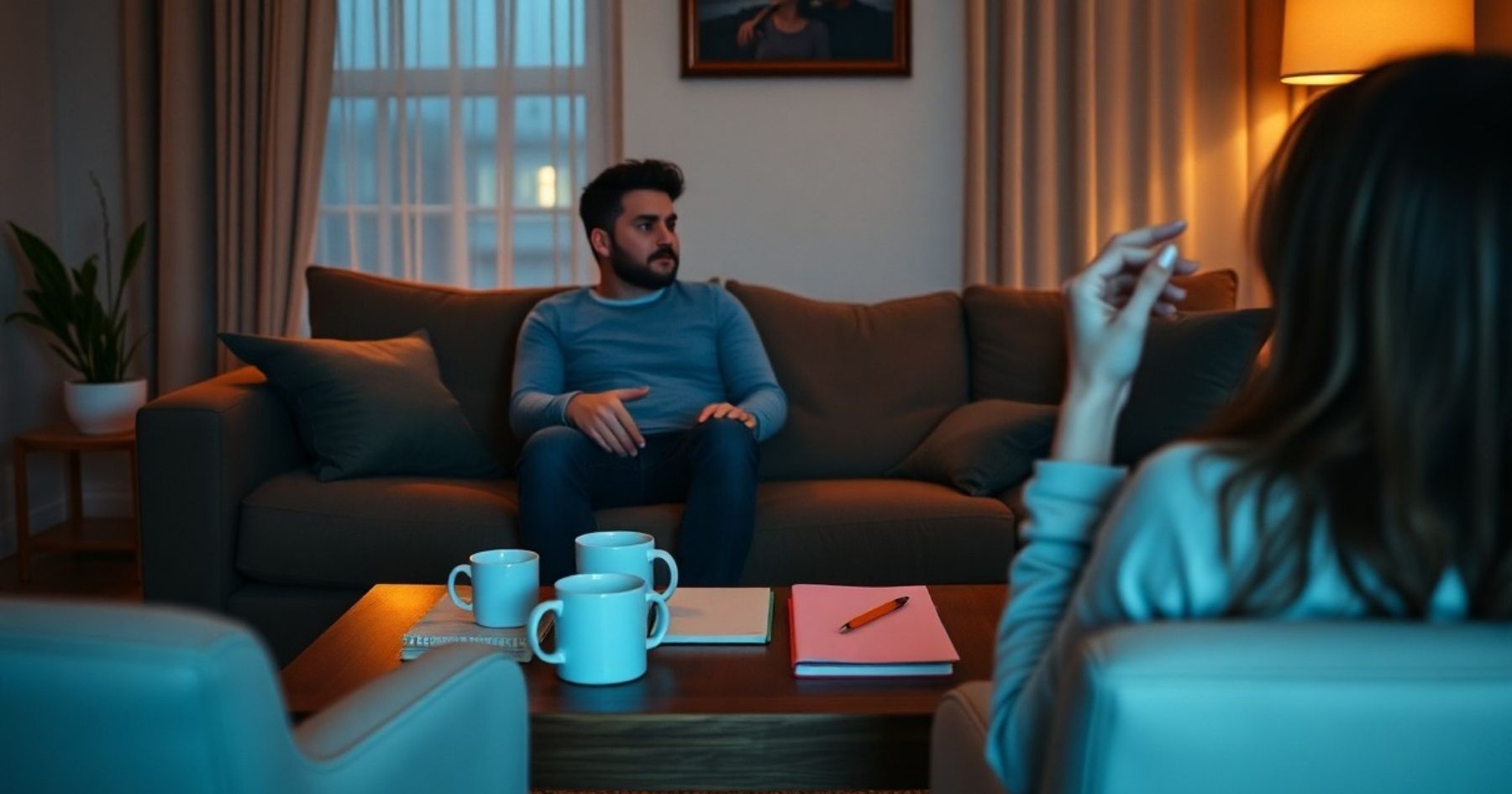



Leave a Reply
You must be logged in to post a comment.